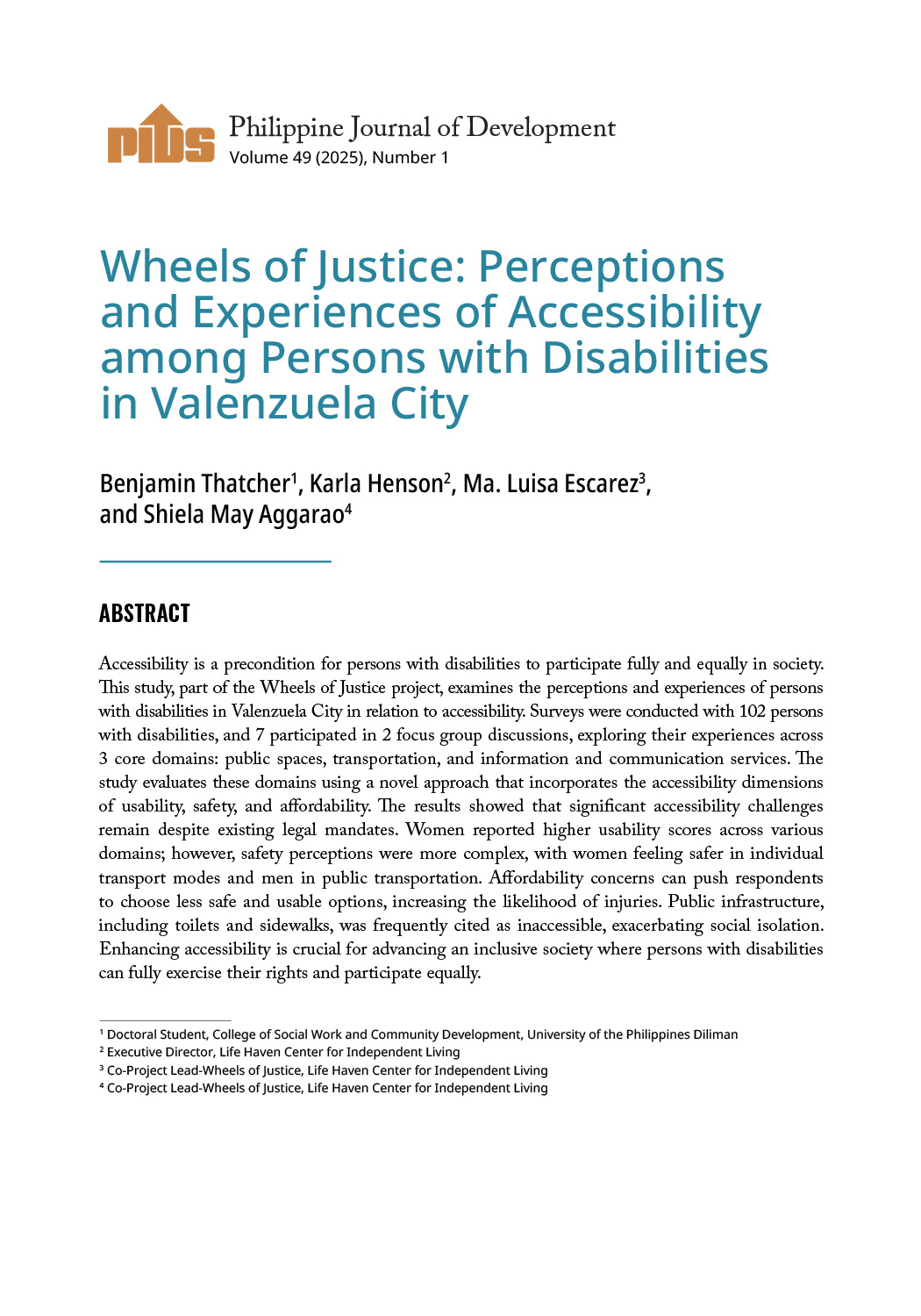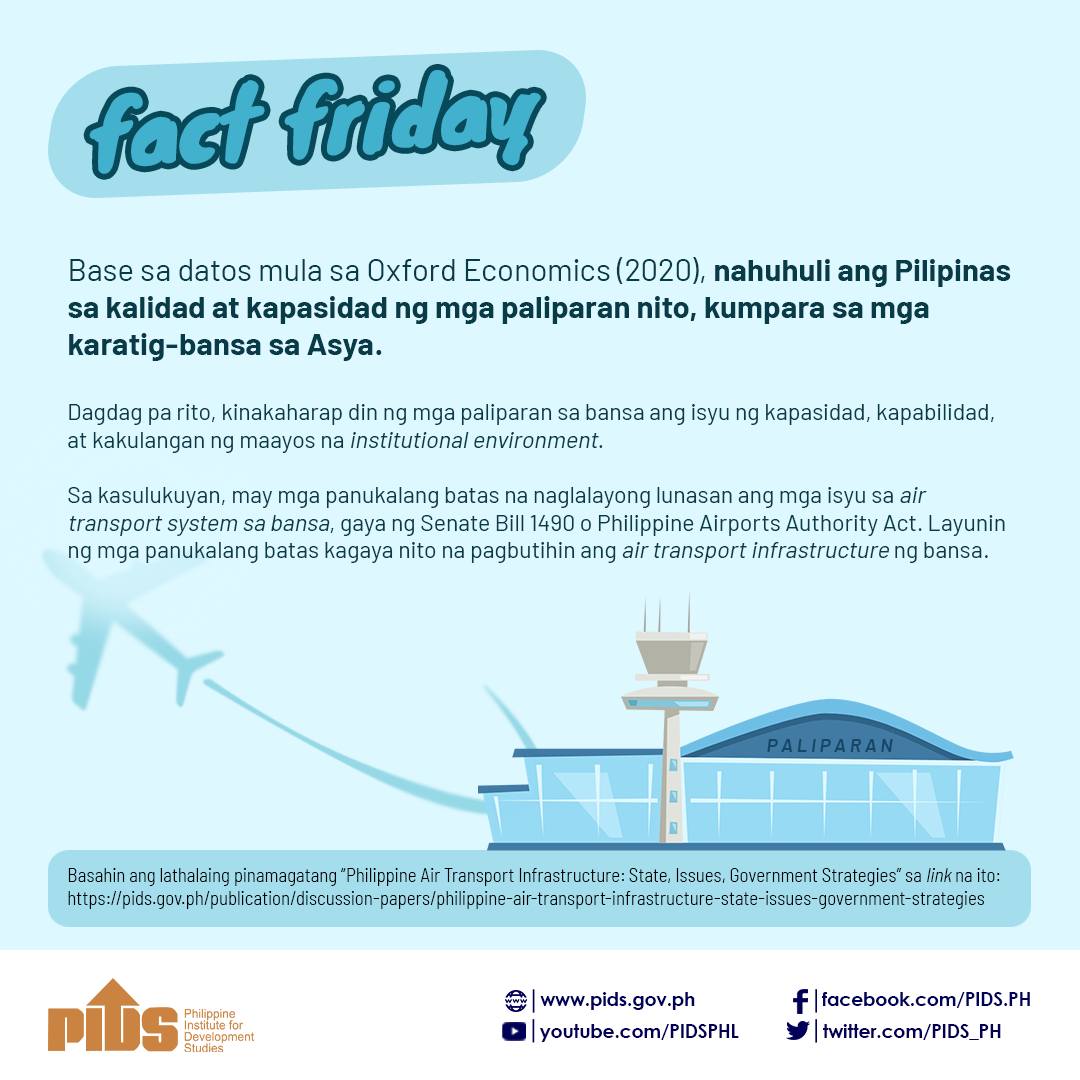The PDP-Laban’s proposal said upon every election for all the members of the Federal Assembly or upon the dismissal, death, resignation, inability or disqualification of the prime minister, the President shall without delay nominate an incumbent member of the Federal Assembly for the position of the prime minister.
The Federal Legislature
Meanwhile, the measure said the legislative power shall be vested upon the parliament of the Federal Republic of the Philippines, which shall consist of two houses, the Federal Assembly, as the national legislative department, and the Senate, as the legislative body representatives of the regions, except to the extent reserved to the people by the provision on initiative and referendum.
It said each region shall have three seats in the Senate. The senators receiving the three highest number of direct votes by registered voters in a region shall represent their region in the Senate.
The term of office of the senators shall be five years and shall commence, unless otherwise provided by law, at noon on the 30th of June following their election. No senator shall serve for more than two consecutive terms.
On the other hand, the Federal Assembly shall be composed of not more than 400 members, unless otherwise provided for by law.
Also, the measure provides that 60 percent of the members of the Federal Assembly shall be elected by plurality votes. Each legislative electoral district shall have one seat in the Federal Assembly.
The proposal said the remaining 40 percent of the members of the Federal Assembly shall be elected by proportional representation by region, where the registered voters within each region shall be allowed to cast a vote for a political party with a closed list of nominees.
Like in the Senate, the members of the Federal Assembly shall be elected for a term of five years, which shall begin, unless otherwise provided for by law, at noon on the 30th of June following their election. No member of the Federal Assembly shall serve for more than two consecutive terms.
Unless otherwise provided by law, the proposal said the regular election of the members of the Federal Assembly and senators shall be held on the second Monday of May.
The Federal Assembly shall be vested with primary legislative power. Every bill shall be initiated and passed by the Federal Assembly.
The proposal added that all appropriation, revenue or tariff bills, bills authorizing increase of the public debt, bills of local application and private bills shall originate exclusively from the Federal Assembly.
The parliament may not increase the appropriations recommended by the prime minister for the operation of the Federal government, as specified in the budget. The form, content and manner of preparation of the budget shall be prescribed by law.
Also, the rule of taxation shall be uniform and equitable. The Federal Assembly shall evolve a progressive system of taxation.
The parliament may, by law, authorize the prime minister to fix within specified limits, and subject to such limitations and restrictions as it may impose, tariff rates, import and export quotas, tonnage and wharfage dues, and other duties or imposts within the framework of the national development program of the government.
Also, the Federal Assembly may express a vote of no confidence on the incumbent prime minister through a majority of vote of all its members and a motion requesting the President to dismiss the prime minister.
The President shall then dismiss the incumbent prime minister and appoint a new prime minister in accordance with the Constitution, the proposal said.
The measure, however, provides that the prime minister may advise the President in writing to dissolve the Federal Assembly based on a vote of no confidence on the government by majority of all the members of the Federal Assembly, in which case, the President shall dissolve the assembly and call for new election for the positions of the members of the assembly.
Federal Judiciary
Like in the 1987 Constitution, the proposed new charter said the judicial power shall be vested upon one Supreme Court (SC) and in such lower courts as may be established by law. Judicial power includes the duty of the courts of justice to settle actual controversies involving rights, which are legally demandable and enforceable, and to determine whether or not there has been a grave abuse of discretion amounting to lack or excess of jurisdiction on the part of any branch or instrumentality of the government.
The SC shall have administrative supervision over all courts and the personnel thereof, said the proposal of the PDP-Laban.
It added that the SC shall assign a division of the Court of Appeals to hold permanently in every region while the divisions of the intermediate appellate court shall only take cognizance of the cases arising from within the territorial boundaries of the region to which these are assigned.
The proposal, however, also repealed the provision in the current charter creating the Judicial and Bar Council.
It said the members of the SC and judges of the lower courts shall be appointed by the President from a list of at least three nominees prepared after appropriate public hearings by the Integrated Bar of the Philippines and approved by the Senate pursuant to its rules.
Meanwhile, the Constitutional Commissions, which shall be independent, are the Federal Civil Service Commission, the Federal Commission on Elections, and the Federal Commission on Audit.
Regional and local governments
Under the proposal, the territorial and political subdivisions of the Philippines are regions and autonomous regions created by organic act and ratified under a plebiscite by virtue of the 1987 Constitution; provinces, cities and municipalities.
It said the territorial and political subdivisions shall enjoy regional and local autonomy.
However, the Federal government, through the prime minister, shall exercise general supervision to ensure that the laws are faithfully executed.
It added the regional government shall have just share, as determined by federal law, in the national federal taxes and revenues which shall be automatically released to them.
In addition, specific national taxes collected within the territorial jurisdiction of each region shall be retained and shall accrue exclusively to the regional government.
Under the proposal, the local government shall have just share, as determined by federal law, in the federal taxes and revenues, which shall be automatically released to them.
It added there shall be created regions of the Federal Republic each consisting of provinces, cities, municipalities and barangays, as well as geographical areas with sufficient territories, inhabitants and resources necessary to sustain and promote a stable and efficient regional government, sharing common and distinctive historical and cultural heritage, economic and social structures, or other relevant characteristics within the framework of this Constitution, national sovereignty, as well as territorial integrity of the republic.
The Bangsamoro and Cordillera shall immediately qualify as regions.
It added that there shall be a plebiscite for the approval of regional units and territories simultaneous with the plebiscite ratifying the proposed amendments to the Constitution.
It also said the federal government shall gradually devolve and decentralize funding, functions and responsibilities in accordance with the financial and organizational capacity of the regions.
Five years after the creation of the region, the measure said each region may opt for an organic act to be enacted by parliament in order to form a regional government with elective legislative and executive departments.
It said the creation of the regions shall not signify the establishment of a distinct sovereignty and the regions shall remain integral of the Federal Republic.
National economy
Meanwhile, the State shall regulate and exercise the authority over foreign investment within its national jurisdiction and in accordance with its national goals.
The proposal said the State shall pursue a trade policy that enhances Filipino competitiveness and serves the public interest, with due regard for equity and reciprocity.
“In times of national emergency, the State may, when the public interest so requires, and under reasonable terms prescribed by it, temporarily direct or take over the operation of any privately owned public utility or business,” the proposal of the PDP-Laban’s institute said.
Also, the proposal said the State shall enhance economic efficiency and promote free competition in trade, industry and commercial activities. No anticompetitive agreement or abuse of dominant position shall be allowed.
Unless parliament otherwise provides, the Bangko Sentral ng Pilipinas, operating under existing laws, shall function as the central monetary authority.
The Federal Legislature
Meanwhile, the measure said the legislative power shall be vested upon the parliament of the Federal Republic of the Philippines, which shall consist of two houses, the Federal Assembly, as the national legislative department, and the Senate, as the legislative body representatives of the regions, except to the extent reserved to the people by the provision on initiative and referendum.
It said each region shall have three seats in the Senate. The senators receiving the three highest number of direct votes by registered voters in a region shall represent their region in the Senate.
The term of office of the senators shall be five years and shall commence, unless otherwise provided by law, at noon on the 30th of June following their election. No senator shall serve for more than two consecutive terms.
On the other hand, the Federal Assembly shall be composed of not more than 400 members, unless otherwise provided for by law.
Also, the measure provides that 60 percent of the members of the Federal Assembly shall be elected by plurality votes. Each legislative electoral district shall have one seat in the Federal Assembly.
The proposal said the remaining 40 percent of the members of the Federal Assembly shall be elected by proportional representation by region, where the registered voters within each region shall be allowed to cast a vote for a political party with a closed list of nominees.
Like in the Senate, the members of the Federal Assembly shall be elected for a term of five years, which shall begin, unless otherwise provided for by law, at noon on the 30th of June following their election. No member of the Federal Assembly shall serve for more than two consecutive terms.
Unless otherwise provided by law, the proposal said the regular election of the members of the Federal Assembly and senators shall be held on the second Monday of May.
The Federal Assembly shall be vested with primary legislative power. Every bill shall be initiated and passed by the Federal Assembly.
The proposal added that all appropriation, revenue or tariff bills, bills authorizing increase of the public debt, bills of local application and private bills shall originate exclusively from the Federal Assembly.
The parliament may not increase the appropriations recommended by the prime minister for the operation of the Federal government, as specified in the budget. The form, content and manner of preparation of the budget shall be prescribed by law.
Also, the rule of taxation shall be uniform and equitable. The Federal Assembly shall evolve a progressive system of taxation.
The parliament may, by law, authorize the prime minister to fix within specified limits, and subject to such limitations and restrictions as it may impose, tariff rates, import and export quotas, tonnage and wharfage dues, and other duties or imposts within the framework of the national development program of the government.
Also, the Federal Assembly may express a vote of no confidence on the incumbent prime minister through a majority of vote of all its members and a motion requesting the President to dismiss the prime minister.
The President shall then dismiss the incumbent prime minister and appoint a new prime minister in accordance with the Constitution, the proposal said.
The measure, however, provides that the prime minister may advise the President in writing to dissolve the Federal Assembly based on a vote of no confidence on the government by majority of all the members of the Federal Assembly, in which case, the President shall dissolve the assembly and call for new election for the positions of the members of the assembly.
Federal Judiciary
Like in the 1987 Constitution, the proposed new charter said the judicial power shall be vested upon one Supreme Court (SC) and in such lower courts as may be established by law. Judicial power includes the duty of the courts of justice to settle actual controversies involving rights, which are legally demandable and enforceable, and to determine whether or not there has been a grave abuse of discretion amounting to lack or excess of jurisdiction on the part of any branch or instrumentality of the government.
The SC shall have administrative supervision over all courts and the personnel thereof, said the proposal of the PDP-Laban.
It added that the SC shall assign a division of the Court of Appeals to hold permanently in every region while the divisions of the intermediate appellate court shall only take cognizance of the cases arising from within the territorial boundaries of the region to which these are assigned.
The proposal, however, also repealed the provision in the current charter creating the Judicial and Bar Council.
It said the members of the SC and judges of the lower courts shall be appointed by the President from a list of at least three nominees prepared after appropriate public hearings by the Integrated Bar of the Philippines and approved by the Senate pursuant to its rules.
Meanwhile, the Constitutional Commissions, which shall be independent, are the Federal Civil Service Commission, the Federal Commission on Elections, and the Federal Commission on Audit.
Regional and local governments
Under the proposal, the territorial and political subdivisions of the Philippines are regions and autonomous regions created by organic act and ratified under a plebiscite by virtue of the 1987 Constitution; provinces, cities and municipalities.
It said the territorial and political subdivisions shall enjoy regional and local autonomy.
However, the Federal government, through the prime minister, shall exercise general supervision to ensure that the laws are faithfully executed.
It added the regional government shall have just share, as determined by federal law, in the national federal taxes and revenues which shall be automatically released to them.
In addition, specific national taxes collected within the territorial jurisdiction of each region shall be retained and shall accrue exclusively to the regional government.
Under the proposal, the local government shall have just share, as determined by federal law, in the federal taxes and revenues, which shall be automatically released to them.
It added there shall be created regions of the Federal Republic each consisting of provinces, cities, municipalities and barangays, as well as geographical areas with sufficient territories, inhabitants and resources necessary to sustain and promote a stable and efficient regional government, sharing common and distinctive historical and cultural heritage, economic and social structures, or other relevant characteristics within the framework of this Constitution, national sovereignty, as well as territorial integrity of the republic.
The Bangsamoro and Cordillera shall immediately qualify as regions.
It added that there shall be a plebiscite for the approval of regional units and territories simultaneous with the plebiscite ratifying the proposed amendments to the Constitution.
It also said the federal government shall gradually devolve and decentralize funding, functions and responsibilities in accordance with the financial and organizational capacity of the regions.
Five years after the creation of the region, the measure said each region may opt for an organic act to be enacted by parliament in order to form a regional government with elective legislative and executive departments.
It said the creation of the regions shall not signify the establishment of a distinct sovereignty and the regions shall remain integral of the Federal Republic.
National economy
Meanwhile, the State shall regulate and exercise the authority over foreign investment within its national jurisdiction and in accordance with its national goals.
The proposal said the State shall pursue a trade policy that enhances Filipino competitiveness and serves the public interest, with due regard for equity and reciprocity.
“In times of national emergency, the State may, when the public interest so requires, and under reasonable terms prescribed by it, temporarily direct or take over the operation of any privately owned public utility or business,” the proposal of the PDP-Laban’s institute said.
Also, the proposal said the State shall enhance economic efficiency and promote free competition in trade, industry and commercial activities. No anticompetitive agreement or abuse of dominant position shall be allowed.
Unless parliament otherwise provides, the Bangko Sentral ng Pilipinas, operating under existing laws, shall function as the central monetary authority.












